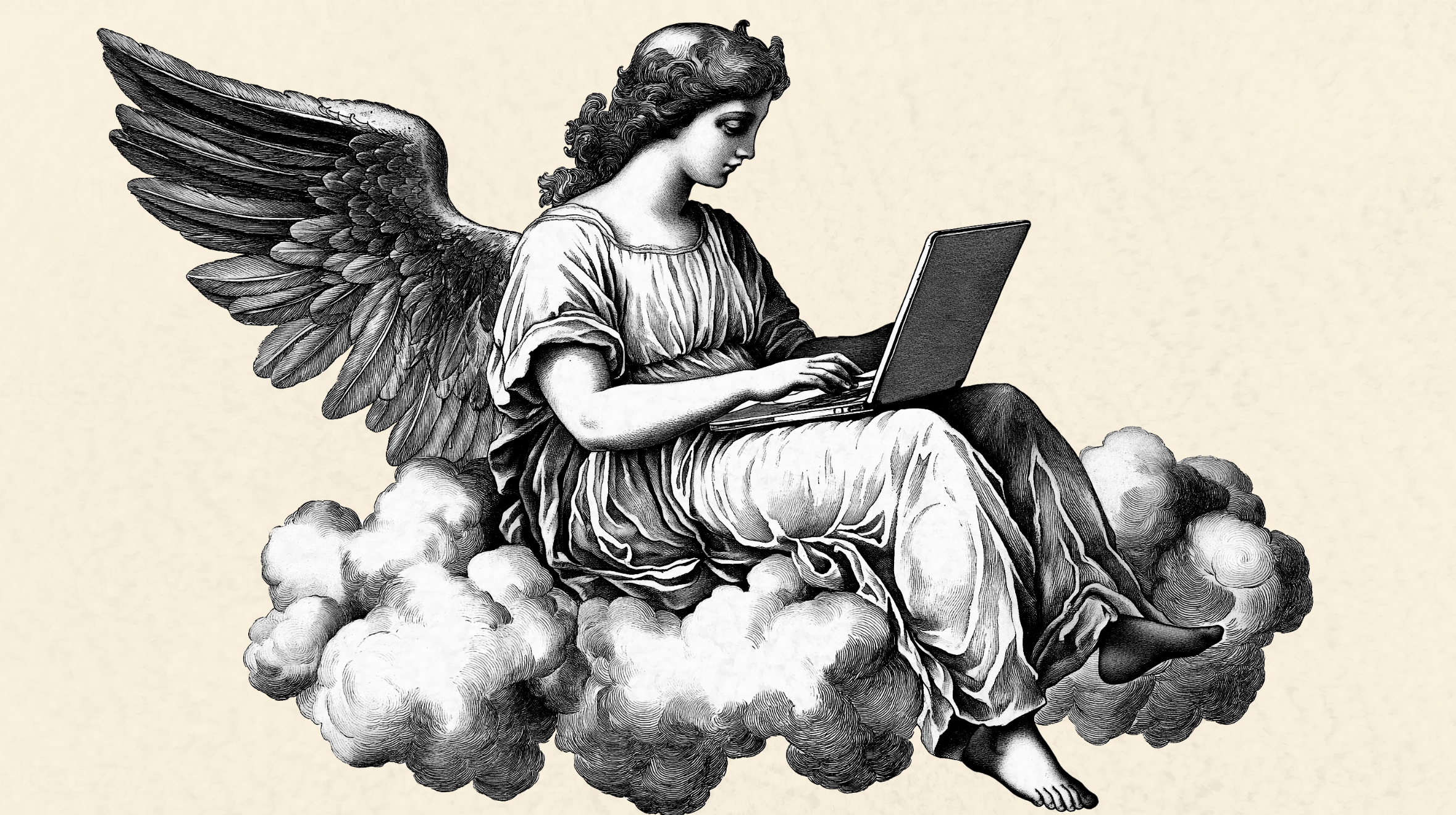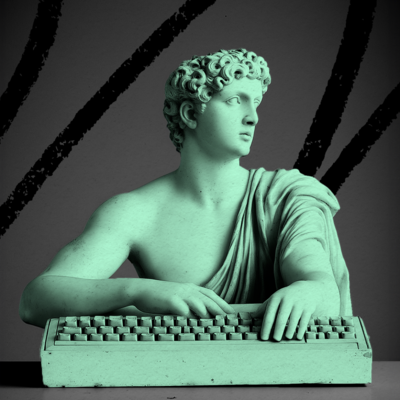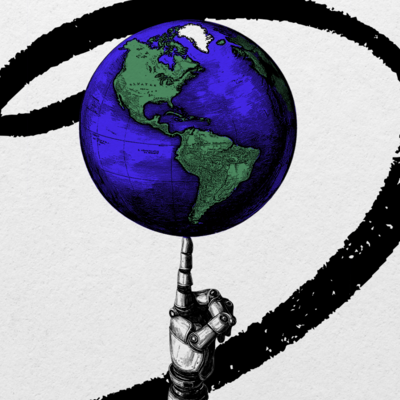
Quick heads up: There are only four more days to register for my course, How to Write With AI. The four-week cohort-based class runs from February 13 through March 6 and includes:
- 4 live lectures and hands-on workshops
- A writing group overseen by an Every-trained editor
- Interviews with successful internet writers, including Every CEO and cofounder Dan Shipper
- Demos of cutting-edge products including Deep Research, Operator, and others
- 30 days of quick writing exercises
- Your own customized LLM prompt for improving your drafts
- A chance to share your writing with Every’s 93,000-plus readers
Over 90 students—including founders, aspiring writers, engineers, and professors—have already taken the course. Check out the website for more information and to enroll. Act quickly—registration will close on Sunday night:
AI is a scary technology. Not just because its power is mostly concentrated in the hands of residents of Palo Alto. Not because, if its promise is realized, it may make most of us unemployed. Not even because we are likely less than three years away from AI being able to replace the very column you are reading. (This is more of a personal fear and also related to my point on unemployment.)
AI is scary because it forces us to re-examine the big questions: What is intelligence, what is consciousness, or even, what does it mean to be human? It is thus unsurprising that the pope, something of a specialist on such existential questions, is weighing in.
The Vatican released a document last week called "ANTIQUA ET NOVA: Note on the Relationship Between Artificial Intelligence and Human Intelligence", in which they do their best to help resolve some of this dread. It may surprise you, but this isn’t the Catholic Church’s first foray into wrestling with the implications of AI. The Vatican has been working on this since at least 2016, when it hosted a panel at South by Southwest, and the pope has met with Meta chief Mark Zuckerberg and a variety of other tech luminaries over the last several years.
The depth of their effort—across 13,217 words and 215 footnotes—shows. Most of the work on the relation of the soul to AI has been laughably thin. This note is different. They lay out a theory grounded in Christian theology and classic philosophy that I found moving and, more importantly, helpful. There are some shortcomings, but overall, this document is profound. My goal today is not to argue for a particular faith tradition or theological view. However, I find that studying a faith that is very different from my own personal truth is useful as I consider the impact AI is having, and will have, on my own life and career.
What constitutes intelligence?
The crux of their argument is that there is a profound difference between what an LLM does and what human intellect is. An LLM does fancy math and generates an answer by finding the statistical distance between data points. Human brains may function similarly (there is still a lot we don’t understand about them), but in the Church’s view, that’s irrelevant. Rather than merely relate human capability to our success at finishing tasks, the Church argues that there are two key points of differentiation between human intelligence and large language models:
Rationality: Quoting Aristotle, the Church states that “all people by nature desire to know.” This desire to know, our innate hunger to grow in understanding, can be recognized in the complementary ideas of reason and intellect. We exercise intellect when we are able to intuitively grasp the truth. Reason or rational thought, on the other hand, is the “discursive, analytical process that leads to judgment.” In my experience, in Silicon Valley the idea of rationality is often confined to what can be rigorously structured, Excelified, and argued via a dashboard full of data.
The Church takes a more expansive view of rationality to include “all the capacities of the human person, including those related to ‘knowing and understanding, as well as those of willing, loving, choosing, and desiring.’” In the Church’s eyes, this pairing of intuition with reason amounts to the “image of God” in which all humanity has been created. The matter of defining human intelligence, then, is a matter of defining the nature of Divinity.
The Only Subscription
You Need to
Stay at the
Edge of AI
The essential toolkit for those shaping the future
"This might be the best value you
can get from an AI subscription."
- Jay S.
Join 100,000+ leaders, builders, and innovators

Email address
Already have an account? Sign in
What is included in a subscription?
Daily insights from AI pioneers + early access to powerful AI tools






.08.31_AM.png)


Comments
Don't have an account? Sign up!